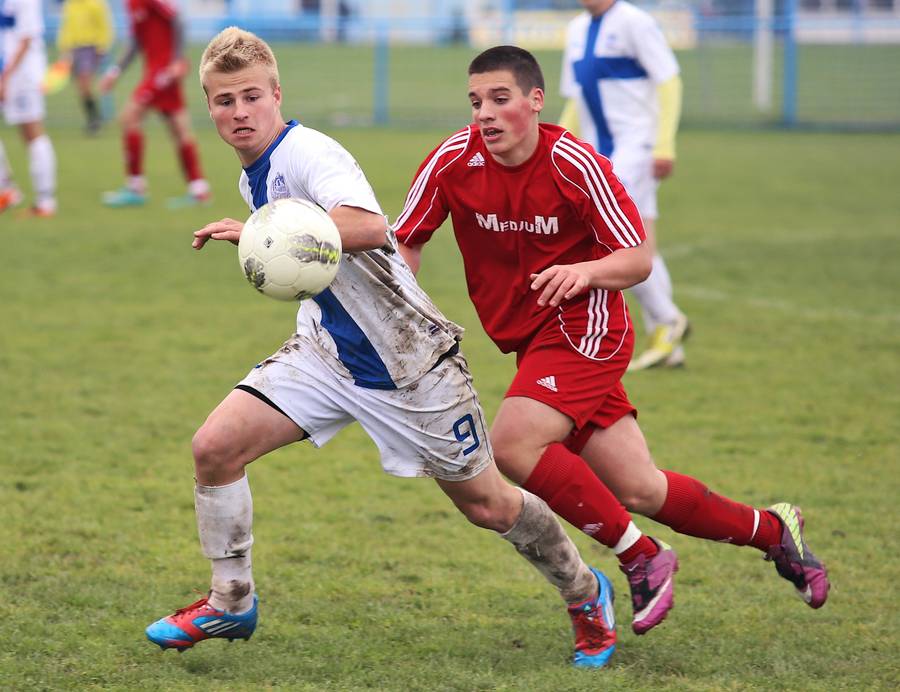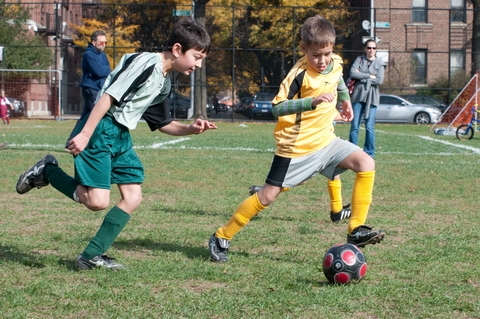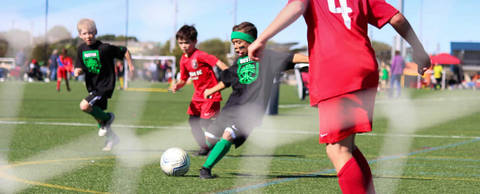Last updated : Saturday, 29 June 2024
PDFL - The Northern Amateur Football League
The PDFL, or Northern Amateur Football League, is an association football league in Northern Ireland. It was founded in 1923 and currently consists of 13 divisions. The Premier Division is the top tier of the league, followed by Division 1A, Division 1B, and Division 1C. The bottom three divisions are the Second Division, Third Division, and Reserve Division.
The PDFL is a semi-professional league, which means that players can earn a small amount of money for playing. However, the league is still considered to be amateur, as players are not allowed to sign professional contracts.

The PDFL is a popular league with over 100 clubs competing in it. The league is also well-respected, and many players who have played in the PDFL have gone on to play professional football.
PDFL Clubs
- Ards Rangers
- Crumlin Star
- Crumlin United
- Derriaghy Cricket Club
- Drumaness Mills
- East Belfast
- Immaculata
- Islandmagee
- Killyleagh Youth
PDFL History
The PDFL was founded in 1923 by 16 clubs from the Greater Belfast area. The league was originally called the Belfast Amateur Football League, but it was renamed the PDFL in 1950.
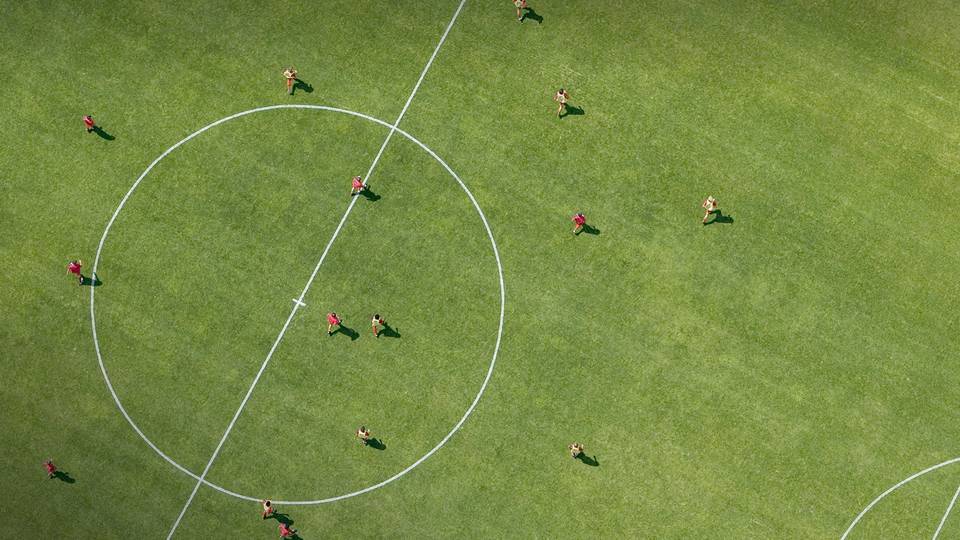
The PDFL has a long and rich history, and it has produced many talented players over the years. Some of the most notable players to have played in the PDFL include George Best, Pat Jennings, and Sammy McIlroy.
PDFL Rules
The PDFL has a set of rules that all clubs must abide by. These rules cover a variety of topics, including eligibility, player registration, and matchday procedures.

One of the most important rules in the PDFL is the rule on eligibility. Players must be 16 years old or older to compete in the league. Players must also be amateur, which means that they cannot sign professional contracts.
Another important rule in the PDFL is the rule on player registration. All players must be registered with the league before they can play. Registration can be done online or by mail.
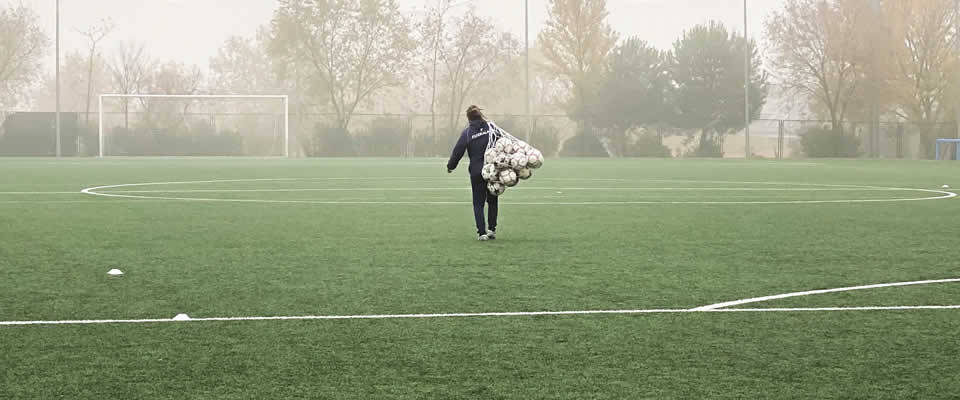
The PDFL also has a set of matchday procedures that all clubs must follow. These procedures cover topics such as the use of substitutes, the timing of matches, and the conduct of players and spectators.





